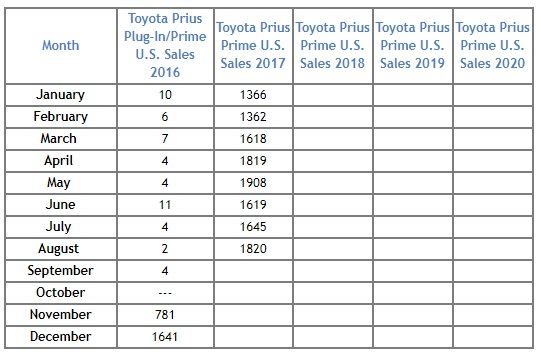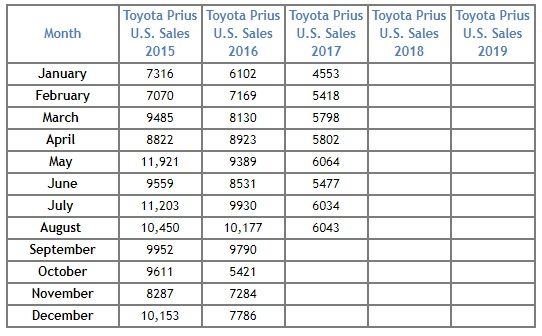Thanks to @DaveT for bringing this article to my attention in his weekly email newsletter: Toyota chairman: Battery technology must evolve before widespread electric vehicle adoption
QUOTE: "I must say up front that we're not against electric vehicles. But in order for electric vehicles to cover long distances, they currently need to be loaded with a lot of batteries that take a considerable amount of time to charge. There's also the issue of battery life," he said.
-------------------------------------
But Telsa has clearly demonstrated that those are solved issues. Tesla's battery pack cost is probably the lowest in the industry right now and costs are trending downward. The Supercharger network solves the long distance driving and charging issue and that network continues to expand at a relatively modest cost to Tesla.
How can Uchiyamada not know about that? Or is he just saying those things publicly to try to confuse people and make excuses for Toyotas failure to bring BEVs to market?
QUOTE: "I must say up front that we're not against electric vehicles. But in order for electric vehicles to cover long distances, they currently need to be loaded with a lot of batteries that take a considerable amount of time to charge. There's also the issue of battery life," he said.
-------------------------------------
But Telsa has clearly demonstrated that those are solved issues. Tesla's battery pack cost is probably the lowest in the industry right now and costs are trending downward. The Supercharger network solves the long distance driving and charging issue and that network continues to expand at a relatively modest cost to Tesla.
How can Uchiyamada not know about that? Or is he just saying those things publicly to try to confuse people and make excuses for Toyotas failure to bring BEVs to market?





